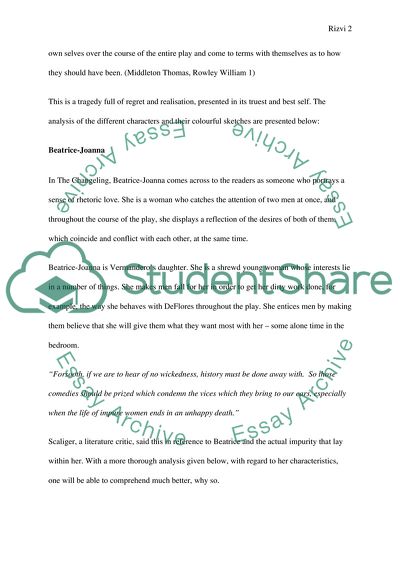Cite this document
(“The changeling by Thomas Middleton Research Paper”, n.d.)
The changeling by Thomas Middleton Research Paper. Retrieved from https://studentshare.org/miscellaneous/1574732-the-changeling-by-thomas-middleton
The changeling by Thomas Middleton Research Paper. Retrieved from https://studentshare.org/miscellaneous/1574732-the-changeling-by-thomas-middleton
(The Changeling by Thomas Middleton Research Paper)
The Changeling by Thomas Middleton Research Paper. https://studentshare.org/miscellaneous/1574732-the-changeling-by-thomas-middleton.
The Changeling by Thomas Middleton Research Paper. https://studentshare.org/miscellaneous/1574732-the-changeling-by-thomas-middleton.
“The Changeling by Thomas Middleton Research Paper”, n.d. https://studentshare.org/miscellaneous/1574732-the-changeling-by-thomas-middleton.


